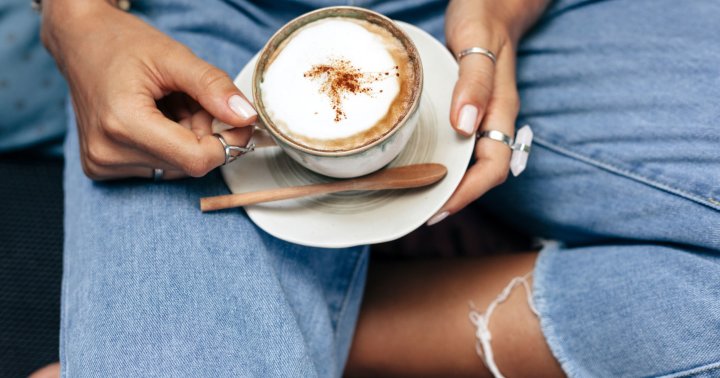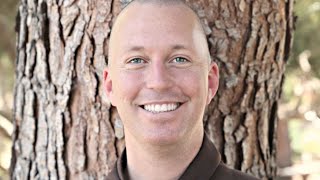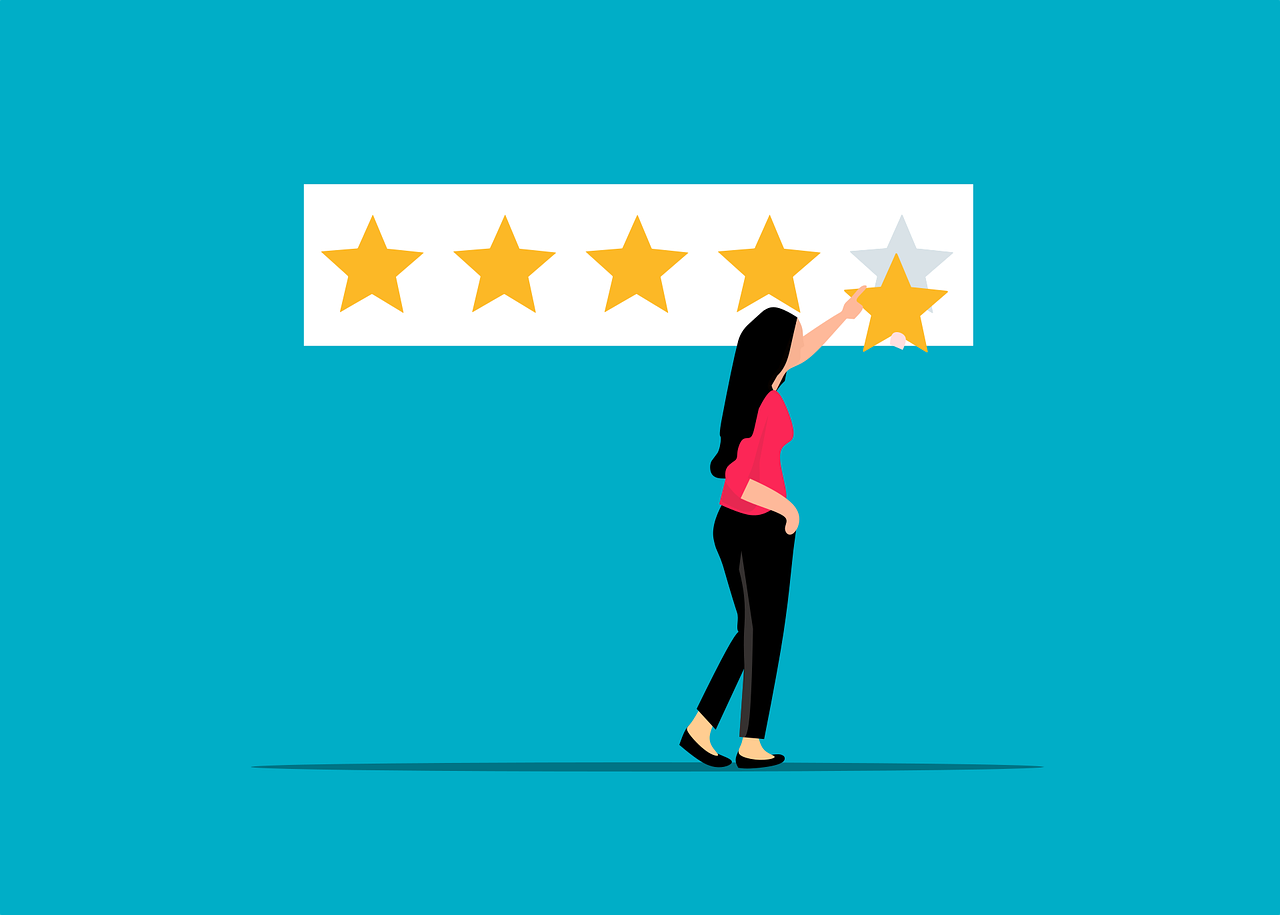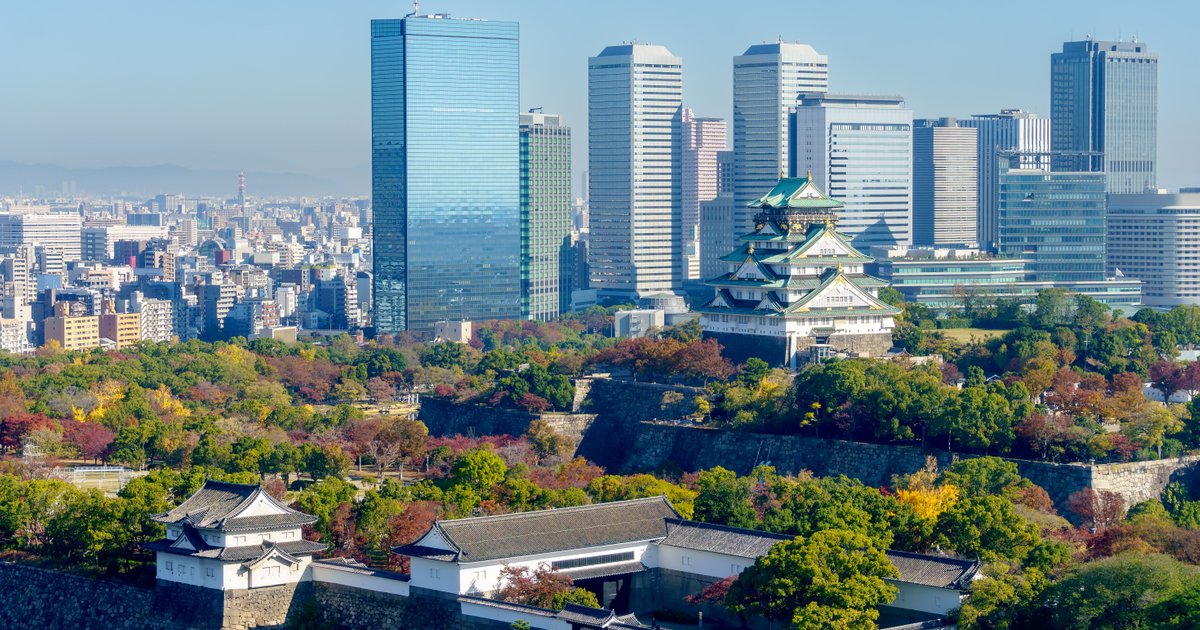Moving Forward in the Present by Connecting to the Past
Between-States: Conversations About Bardo and Life In Tibetan Buddhism, “bardo” is a between-state. The passage from death to rebirth is a bardo, as well as the journey from birth to death. The conversations in “Between-States” explore bardo concepts like...
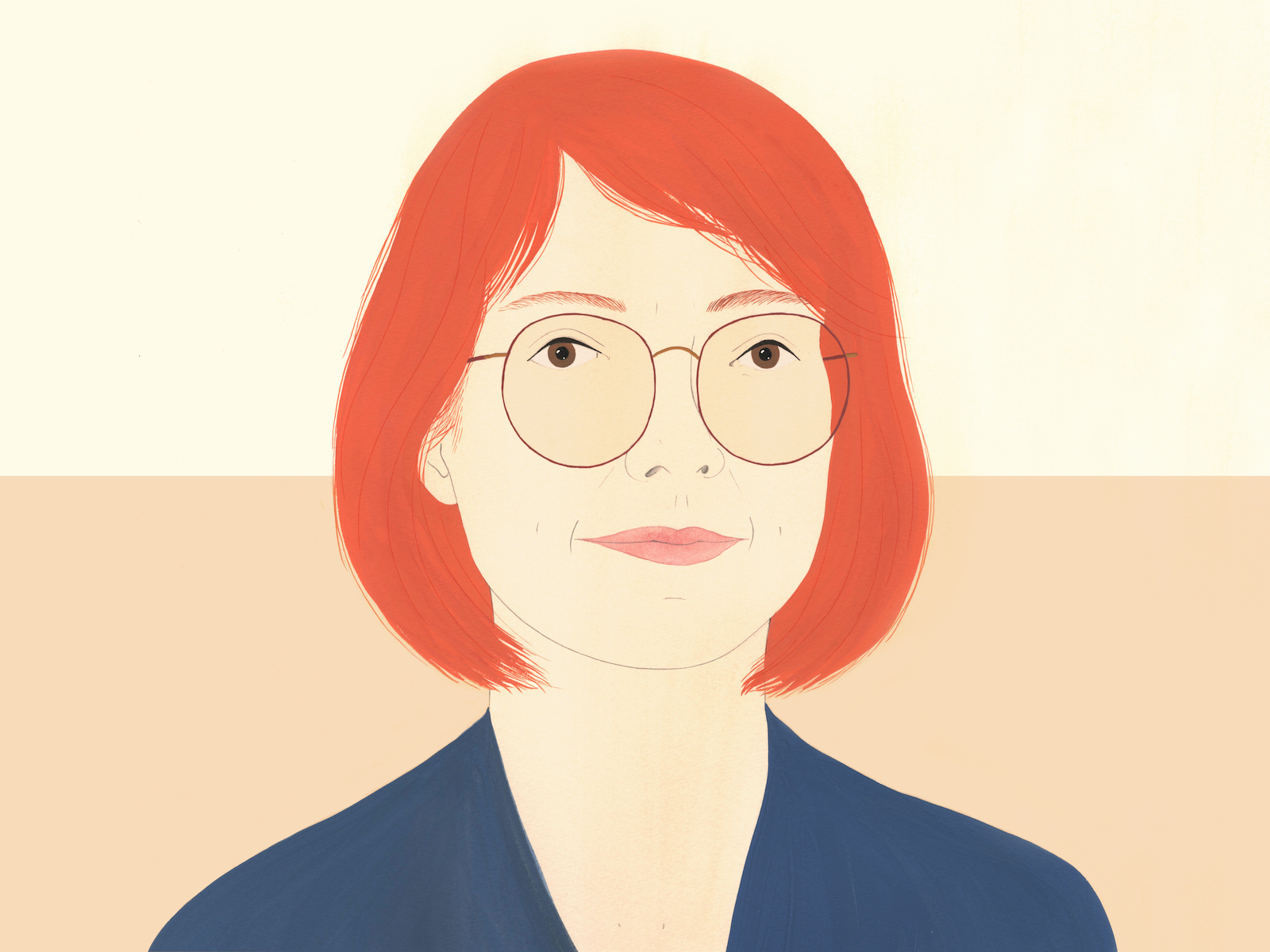
Between-States: Conversations About Bardo and Life
In Tibetan Buddhism, “bardo” is a between-state. The passage from death to rebirth is a bardo, as well as the journey from birth to death. The conversations in “Between-States” explore bardo concepts like acceptance, interconnectedness, and impermanence in relation to children and parents, marriage and friendship, and work and creativity, illuminating the possibilities for discovering new ways of seeing and finding lasting happiness as we travel through life.
***
“The older I get, the more I search backward,” Maud Newton writes in Ancestor Trouble: A Reckoning and a Reconciliation. An investigation of America’s fascination with genealogy and Newton’s obsession with her own family history, it has been named one of Esquire’s best books of 2022 and has received wide praise. The New York Times says it “builds and excavates identity, and [is] a blueprint for making something of cultural, intellectual, emotional, physical, spiritual and genetic legacies often burdened with messy debris.”
In 2002, Newton started a blog that led to a 2014 Harper’s magazine cover story, “America’s Ancestry Craze.” A contract for Ancestor Trouble soon followed, but writing the book was a long journey. “I’d be reading Aristotle at 3 a.m. on a February night,” Newton says, “trying to figure out what he thought about how traits were passed on and wondering if this was a real thing.” She knew, though, that the book was her life’s work. “I felt like if I were to die when I finished it, I’d have accomplished a big part of what I’m here to do.”
Newton grew up in Miami and now lives in Queens, New York. A writer and critic, she has contributed to the New York Times Magazine, Esquire, Granta, and the Paris Review Daily, among many others, as well as appeared on NPR’s All Things Considered and the New York Times Book Review podcast. In a recent Zoom conversation, we talked about how connection to the past plays out in her book and in her life.
*
How did the idea for Ancestor Trouble come about? For years, I was interested in my mom’s family. There were tales about her father, who married thirteen times, her Texan communist grandfather, and a grandfather who killed a man with a hay hook. I started researching and discovered I was descended from a witch in Puritan-era Massachusetts. That was a shock because my mother was a religious fanatic who believed in spirits, and here was this ancestor who’d been preoccupied with spirits. I felt fear about mental illness being passed down—my grandmother warned me when I was 12 to be on the lookout for signs of mental illness in myself. I also discovered that on my mother’s side, I had ancestors who enslaved people, who killed Indigenous people and stole Native land. Then, my father was a very explicit white supremacist, to the extent that he actually advocated for slavery. He was proud of our ancestors who had enslaved Black people in the American South.
So I had these two sides of my family, and I was always ruminating about them. Over time, I realized I wanted to write a book. I wanted to look at genealogy, genetics, and the possibility of inheritance, and bring in psychology and philosophy, spirituality and creativity. I wanted to write something sprawling.
The Tibetan bardo teachings tell us that understanding the connection between our past and present is essential to escaping samsara, or the ways of living that make us unhappy. You talk in your book about the negative impact of losing touch with our ancestors. Why do you think it’s important to know our family history? We’ve lost a sense of being held by those who have come before, a way of interrelating with family trauma and family patterns. I find the white Western Enlightenment–dominated way of interacting with ancestors incredibly sad. When someone dies, we think, “That person’s dead and we have no way of interacting with what they did, so let’s just move forward.” But the more we can acknowledge things about the people we come from, about ways we’ve internalized helpful and unhelpful things, the better we can show up in the world.
When you were young, you recognized intergenerational patterns in your family that you didn’t like, and you wanted to avoid repeating them. We’re all both struggling with and beneficiaries of our family legacies, patterns good and bad, burdens and gifts. One example of a pattern I didn’t want to carry on is related to my mom and my grandmother, who were in combative relationships with men. When I went to college, I was determined not to repeat this pattern. Instead, I repeated it in a spectacularly unself-aware way, which is often what happens when we can see a pattern but we’re not sitting with the feelings, not understanding the impulses. We try to bypass the hard work and charge ahead to some new thing that leaves behind the problems.
I thought that in denying my emotions I could turn them into something else, a behavior pattern my parents taught me explicitly and by example. But I realized after years of therapy that the only way out of this was through it. By acknowledging the impulses in me that were like my mother’s and grandmother’s, that were drawing me to this pattern, I was able to make changes. I broke up with that problematic college boyfriend, and, although I had a lot to work through, I’ve been happily married for a long time.
You say there’s a shift taking place in the US, especially in the younger population, where people feel a spiritual longing to know more about their ancestors. Why do you think this is happening? Sometimes we explore our ancestry in a scientific and empirical way, when what we’re really looking for is a spiritual connection or a deeper psychological understanding of ourselves and our place in the world. Over the years that I worked on the book, I noticed that younger people in particular are increasingly likely to talk about ancestors as a presence that’s alive and active, ancestors of the body or something more cultural, creative, or spiritual in nature. I find it heartening that they’re allowing themselves this sense of an ally.
Is there an object that links you to your ancestors? It’s not an object, but in my mom’s family, there’s a history of deep relationships with cats. My beloved granny had a black cat, and my mom—although she was fixated on demonic symbols and whatnot—gave black cats a pass. Last year, one of my state representatives proposed to turn land near my house in Queens into a parking lot, land that’s covered in trees I’ve felt a close connection to. I was grieved by the proposal, so I joined people on Twitter who were planning a protest. The morning of the protest, I found a black kitten by my house in the area facing the trees. My first thought was that it was my ancestors rallying around the protest.
Did you keep the kitten? Yes, now she’s ours!
Bardo is very much about creativity because, according to the principle of cause and effect, we shape our journey from birth to death with our actions. How do you think our connection to the past relates to creativity, or the imagination, and the path we take in life? If we could see the past clearly, we’d be astonished by the ways that our imagination is circulating around things our ancestors were dealing with. The last part of my book is about creativity. I discuss writers who, after finishing their work, discovered it echoed something about their ancestors. Naomi Alderman wrote a book called The Liars’ Gospel. The historical character of Jesus is in there, and she discovered that her grandfather, who was a rabbi, had made a note in the same part of Josephus—a question mark next to the exact same passage that led her to write the book. And my friend Maaza Mengiste wrote The Shadow King, a novel about women in Ethiopia who arm themselves and form a military operation during the Italian Occupation. Then she discovered that her grandmother—I’m getting chills telling you this!—had done what the main character in her book does: taken her father’s rifle and gone off to fight.
I also talk about Congressman John Lewis. He marched for voting rights with Martin Luther King Jr. and discovered on Henry Louis Gates’s Finding Your Roots show that his ancestors were among the first Black people to vote in Georgia before their right to do so was rescinded. Then, in your writing, you describe the art of returning to The Tibetan Book of the Dead, a book about bardo that was the preoccupation of your great-grandfather, something your mother wasn’t interested in, and now you’ve reclaimed it and are puzzling over and imagining around this inheritance.
Our connection to our ancestors can help us bring our creativity, imagination, and compassion to bear on life in a much more meaningful way. I don’t want to fetishize imagination, but to me, these days, it has an almost sacred quality, or at least a very, very exciting one.

 Tfoso
Tfoso 









